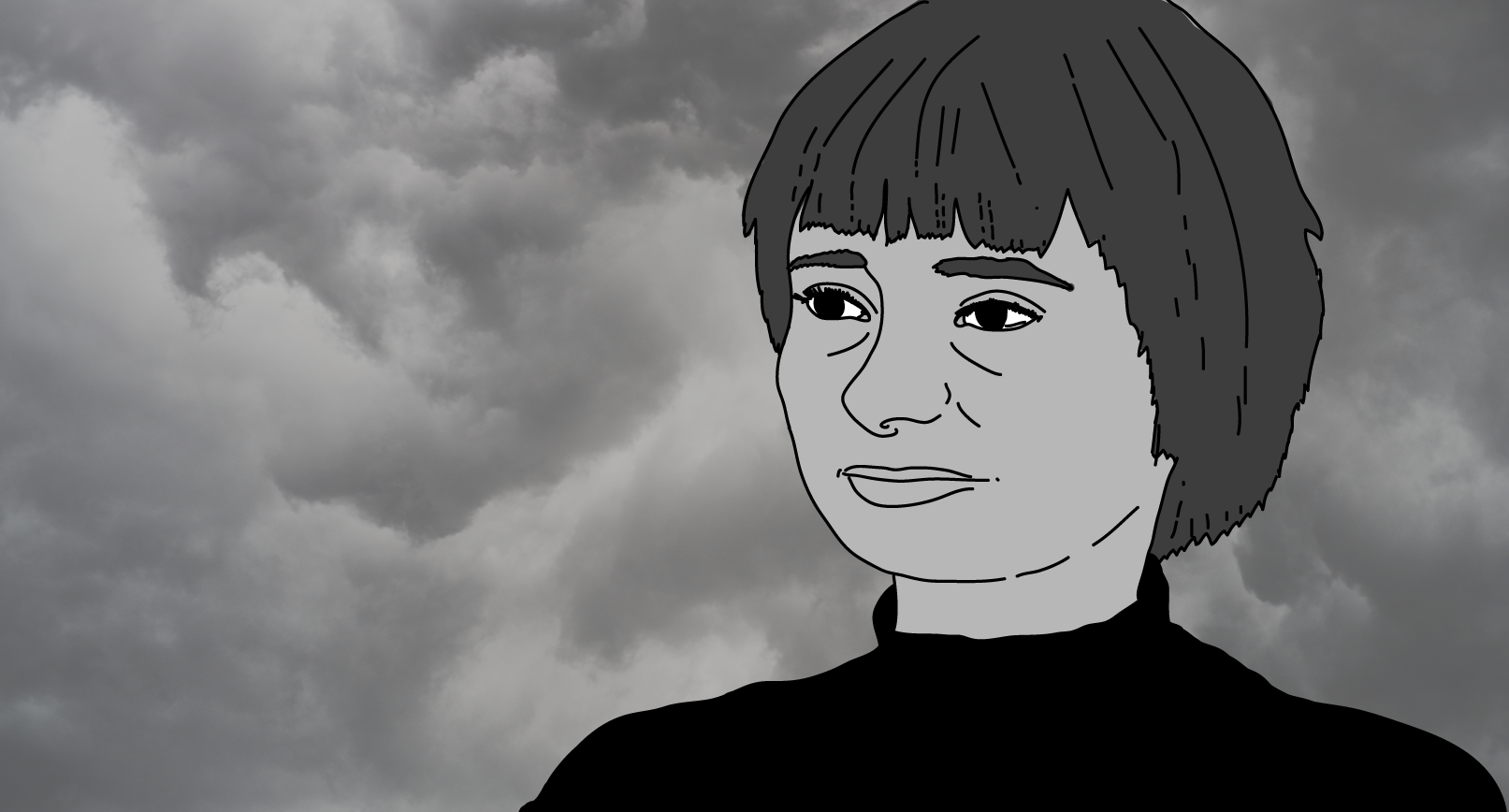A look back at the work and legacy of one of cinema’s all-time greats
In a 2009 interview with The New York Times, French filmmaker Agnès Varda dubbed herself “the queen of the margins,” referring to her inability to find commercial success with her work. “But the films are loved,” she said. “The films are remembered and this is my aim. I want to share emotions, to share the pleasure of being a filmmaker.”
Varda, who is perhaps best known as a pioneering figure of the highly influential French New Wave movement, passed away last March at the age of 90, leaving behind an incredible body of work that spanned a staggering six decades. After making the rounds within the festival circuit, Varda’s posthumously released final film, Varda by Agnès is receiving a limited theatrical run across select theatres in North America. The film features the cineaste reflecting on her career as a filmmaker and offering an intimate, first-hand account of her life’s experiences. In typical Varda fashion, it is imbued with a sense of wit and cleverness throughout and acts as a reminder of just how unique, sincere and uncompromising a voice Agnès Varda truly was.
Stylistically, Varda’s films would often experiment with traditional means of storytelling and incorporate elements of both documentary and fiction films. Thematically, they were daring and bold, typically addressing subject matters deemed too delicate or subversive for most movie-going audiences.
Her 1977 film One Sings, the Other Doesn’t, for example, is set against the backdrop of the women’s liberation movement of the 1970s and examines the debate surrounding abortion at a time when it was outlawed in France. One Sings was Varda’s attempt at making a film of special interest to women, one that dealt with women’s issues and challenged dominant representation, which she felt was insincere. “Is there such a thing as a woman’s film?” Varda asked in a 1977 interview with The New York Times. “There are always stories about virile male friendship but not about friendship between women. The women are always motherly or tarty.”
A self-proclaimed “feminist before birth,” Varda was one of the few female writers/directors of her era and utilized her unique position to tell women’s stories from a woman’s perspective. Varda’s voice was both distinct and refreshing, a standout in an industry otherwise dominated by men.
In 1962, she released her critically acclaimed Cléo de 5 a 7, which remains among her most well-known and lauded works. Taking place within a single afternoon, the film follows the titular Cléo as she awaits the results of a medical test that could potentially reveal a cancer diagnosis. Tall, blonde and full-figured, Cléo derives her worth from her appearance and the validation she receives from others. Throughout the film, however, Cléo gradually learns to break free from her need for approval, ultimately choosing to take control of her own identity. As Nourhan Hesham of cleojournal.com wrote: “Cléo resists objectification and assumes agency by stripping herself of her to-be-looked-at-ness.” In a 2010 interview with the Federation of European Film Directors (FERA), Varda discussed the role of the gaze in Cléo, stating: “A woman’s first feminist act is to see – and say – ‘okay, people might be looking at me, but I stare back.’ ”
In addition to women’s issues, Varda was particularly fascinated by the personal lives of others, specifically those living on the fringes of society. “I really have the feeling that it’s interesting to approach people,” Varda told Cineuropa in a 2019 interview, “But mostly the ones on the margins, the people we don’t speak about that much in cinema.” Though Varda’s aforementioned “queen of the margins” comment was in reference to her commercial success, it is also reflective of the filmmaker’s intense curiosity with the alienated and marginalized, whom she championed through her films.
One of those films was her 1985 venture Vagabond, which documents the final two months in the life of a young female vagrant. Varda had long been interested in exploring the lives of the impoverished and destitute, but it was not until hearing of the increased poverty rates in the early 1980s that she decided to make Vagabond. Feeling fatigued over the abundance of films about Parisian intellectuals, Varda’s aim with Vagabond was to portray “the real France” that she felt had been ignored in contemporary cinema.
Though we may never again see a filmmaker as inventive and as dauntless as Agnès Varda, her works and legacy will undoubtedly continue to live on in the hearts and minds of cinephiles everywhere. Varda by Agnès allows us one final farewell to the mother of the French New Wave. It serves as an apt send-off to one of cinema’s great visionaries and a fitting bookend to a lengthy and illustrious career.
Varda by Agnès is now playing at Cinema Moderne and Cinema du Musée. For showtimes please visit cinemamoderne.com or cinemadumusee.com. Concurrently, the Cinémathèque Québécoise is hosting a career-spanning retrospective of the films of Agnès Varda from Dec. 9-15. Details can be found at cinematheque.qc.ca.
Graphic by @sundaeghost




